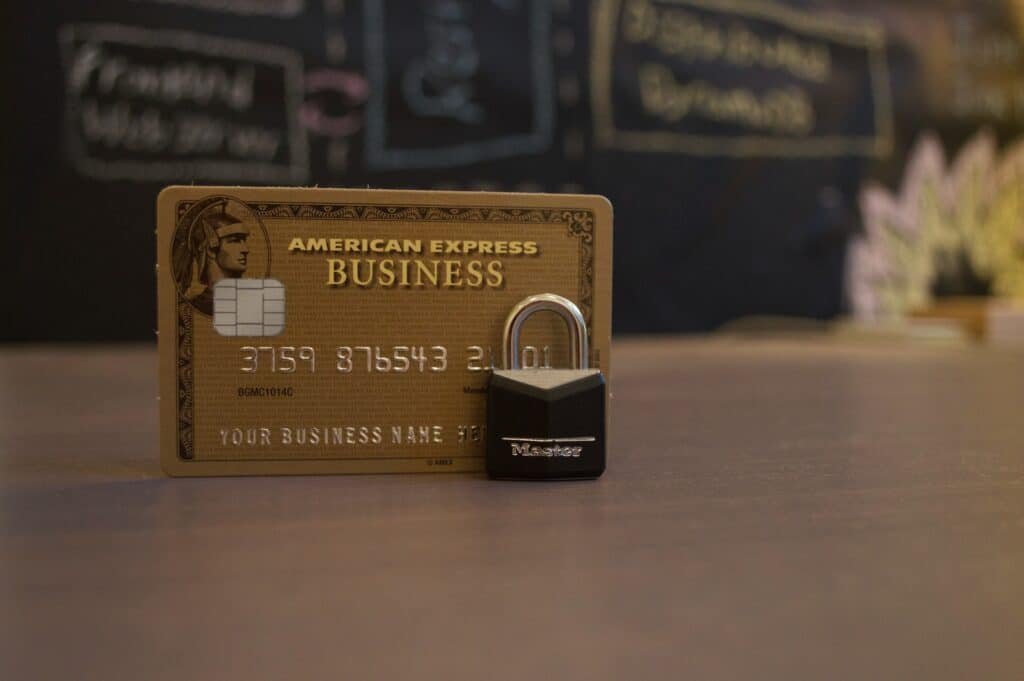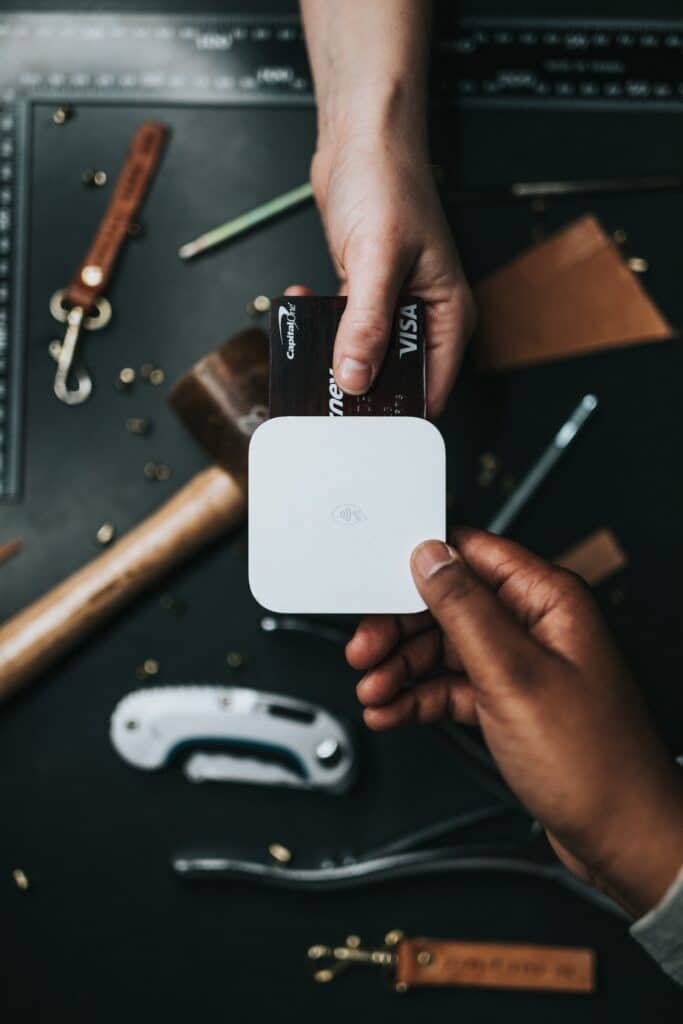Many financial experts like to say that there is no guarantee that you can improve your credit score significantly in just six months.
However, there is practical advice designed to help you make significant progress. That is if your mission is not only to get your credit score on the right track but to do so quickly.

Some of these tips may be slightly obvious, such as paying your monthly bills on time and reducing your total debt, whereas others are unlikely to suit most people.
The science behind credit scores may feel like a mystery.
However, many people have made significant progress in evaluating their scores in just six months. And so can you.
Pay Your Credit Card Bill On Time
Timely payment of bills is key to any attempt to improve your credit score.
You don’t have to pay your bills, but you have to make the minimum payment at least,” says Lee Gimpel, co-founder of The Good Credit Game, which a training program for financial educators.
At the end of the day, the biggest component of a FICO credit score is your credit history, i.e., how well you pay on time – and that’s 35% of the score. Even one overdue payment can have a real impact on your credit score.
Balance Your Credit Portfolio
“Another way to increase your credit score is to manage the type of accounts you open prudently. This includes limiting consumer credit accounts (credit and store cards),” says Jill Emanuel, a financial trainer at Fiscal Fitness Phoenix.
Jill Emanuel also says, “Credit bureaus are looking for a well-balanced loan portfolio of things like mortgages, car loans, student loans, and consumer debt,” Emanuel explains. “One of the places where people hurt themselves is when a large number of consumer accounts are opened. If there are accounts that are not in use, close them.”
Review of Credit History Length
Another critical factor is taken into consideration – the length of time you have had the accounts for is. Credit agencies like to see aged accounts because they have enough data accumulated.
You can easily see how long you have had accounts opened for by getting a copy of your credit report. This way, you can help to improve your score by eliminating some of your most recently opened accounts.
“Before you close your accounts, double-check how long they have been opened for. Accounts that have more than ten years of credit history help improve your score,” Emanuel advises. “Close accounts that were opened only a few years ago and continue to keep accounts open that have the longest credit history.”
Minimize Hard Inquiries
On every application for new credit of yours, your credit report is pulled up. It’s called a complex investigation. And this hurts your credit.
If your goal is to see rapid progress in assessing your creditworthiness, it is time to minimize the habit of applying for new credit cards.
You might also like: The Top 10 Credit Card Best Practices – How to Manage Your Credit Cards
Improve Your Debt Ratio
The credit utilization ratio is the total amount of your outstanding debt as a percentage of all your credit limits combined. Here is a more detailed explanation of what utilization ratio is.
Credit agencies prefer to see a credit utilization ratio below 30 percent.
When Paying Off Credit Cards – Do It in Two Steps
Jason Fox, a mortgage lender from People Home Equity, works with clients almost every day to improve their credit performance.
He suggests that when it comes to credit card payments, be strategic to achieve faster improvements.
“Pay all credit cards first to a low balance, perhaps to $100. Then, next month, pay them in full,” explains Fox. “The reason you would do that is that most credit card companies won’t reflect the bill paid for several months. Therefore, pay it out first, and they will report your account with a low balance, which will increase your score.
Improve Utilization Ratio By Lifting Credit Limit Increases
If you do not have the finances to pay credit cards to get them down to a usage rate below 30%, that’s not a problem.
Another strategy is to request an increase in your credit limit. That gives you more available loans and therefore increases your rating.
In other words, call the credit card companies and make this request. Often they are happy to work with you. The key here is to be responsible when you increase the limit and not to start spending more.
Associate with Someone Who Has Excellent Credit
That does not mean just spending time in the company of those who have excellent credit performance. (Although it’s certainly not a bad idea.)
Kyle Winkfield, a managing partner of Washington-based OWRS, offers one of the best ways to quickly improve your credit score. By simply asking a family member or very close friend who has excellent credit scores and greater credit history to add you as an authorized user to their credit line.
That doesn’t mean free shopping for you. It also wouldn’t jeopardize the credit score of the person who accepted the deal.
Pick One Card and Keep Using It
That tried and tested consumers around the world use method. Choose one credit card and use it every month to pay for expenses that you usually pay with a debit card or by cash. Be sure to pay with this card in full every month.
“To improve your account, you really want something that you can report every month, and that happens anytime you have an account balance,” explains Emanuel. “I encourage my customers to find an account that they can write off their credit card every month. Once they are issued a statement, pay it in full. This way, every month, something is reported to the credit bureaus.”
Not only is there something reported to the credit bureaus. The bureaus see that you pay the bill in full, consistently.

To Sum it up
Learning how to do more than the minimum payment can also help you save money and change your creditworthiness.
From there, you can also create personal action plans to get to where you want to be. If you follow the practical advice designed, it could help you make significant progress. It could also help you to not only get your credit score on the right track but to do so quickly.
